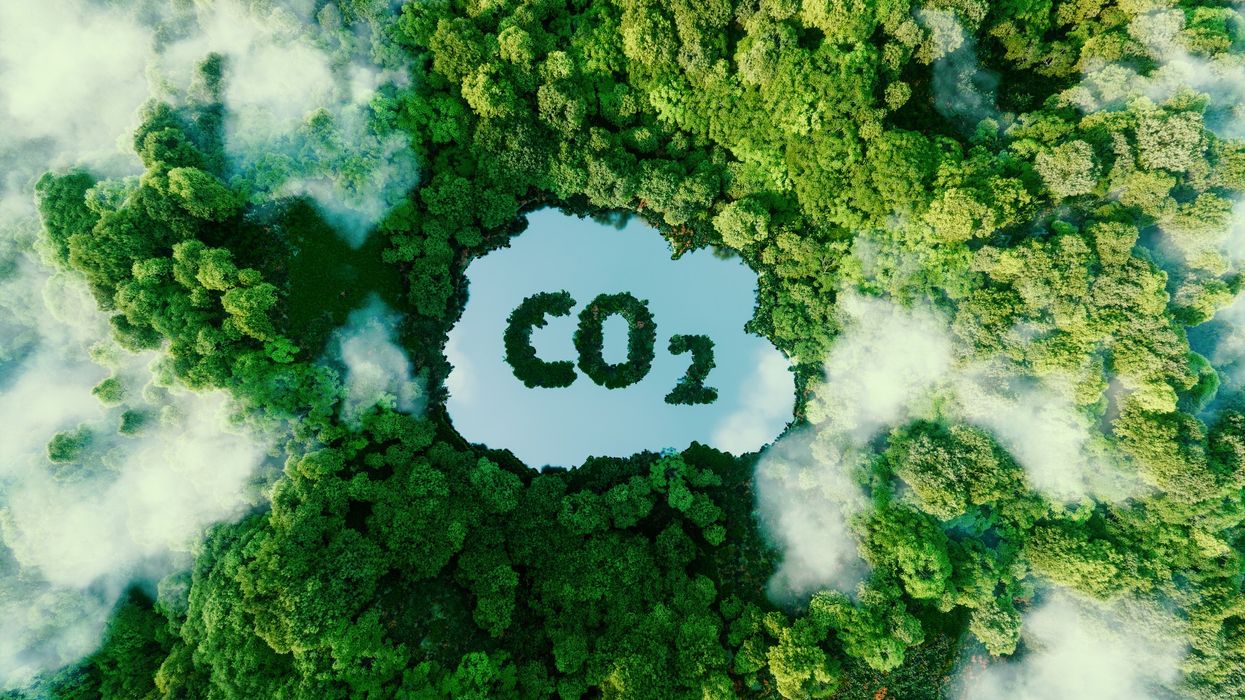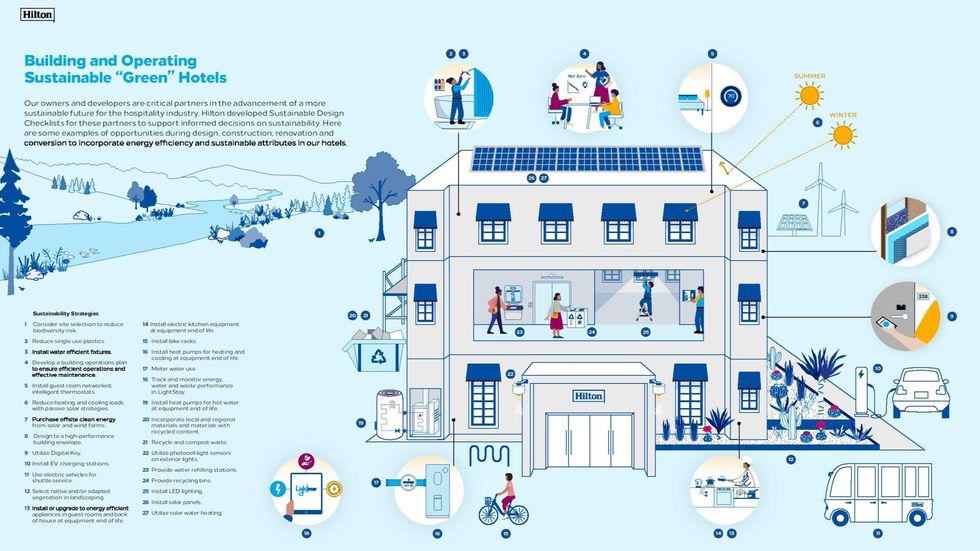THE U.S. HOSPITALITY industry faces an environmental wake-up call as guests seek accommodations that align with their values beyond amenities alone. This trend has fundamentally changed how hotels approach sustainability, with many adopting practices such as reduced water consumption and energy conservation.
Large hotel chains like Hilton Hotels & Resorts and Marriott International have openly declared their efforts to minimize environmental impact. However, achieving meaningful sustainability requires franchise owners and operators to be on the same page.
"As a global hospitality leader, Hilton is dedicated to providing exceptional guest experiences," said Jean Garris Hand, Hilton’s vice president of global ESG. "However, we also recognize our profound responsibility to safeguard the destinations where we operate for future generations of travelers. Our efforts to reduce energy, carbon emissions, water usage, and waste are integral to Travel with Purpose, Hilton’s comprehensive environmental, social, and governance strategy aimed at promoting responsible travel worldwide.”
Sustainability goals
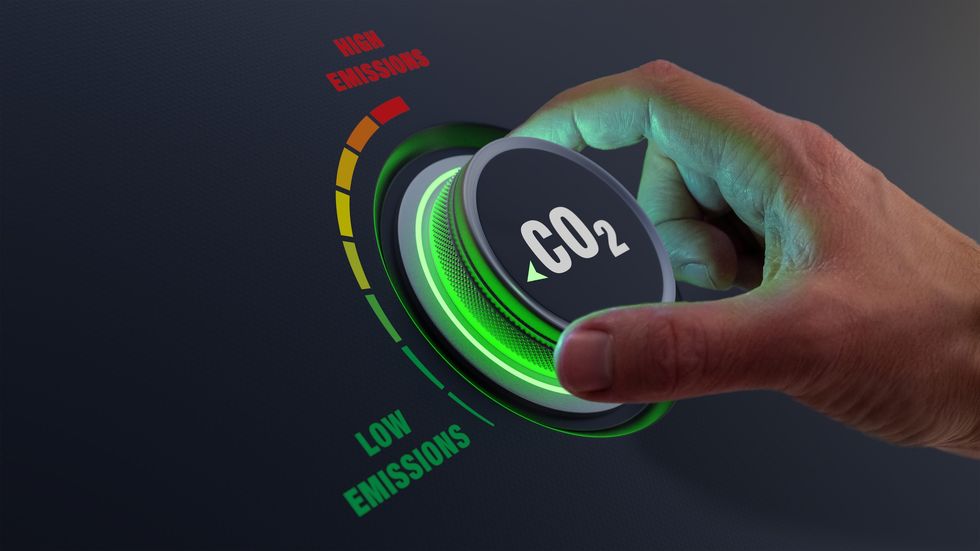
The hospitality industry’s operations often leave a significant environmental footprint, involving high energy consumption, water usage, and waste generation. Hotels alone contribute approximately 1 percent of global carbon dioxide emissions, according to recent studies. Hotels accounted for around 363 million tons of carbon dioxide in 2021, roughly equivalent to the annual energy consumption of about 45.7 million homes out of the 36.3 billion tons released worldwide.
Hospitality organizations are adopting targets for sustainability. Hilton aims to reduce emissions by 75 percent by 2030, while Marriott has committed to a 30 percent reduction in carbon intensity by 2025. Other companies, such as Sonesta International Hotels, Hyatt Hotels Corp., G6 Hospitality, Wyndham Hotels & Resorts and Choice International, have also set their targets. However, achieving these goals depends on how quickly their franchise partners embrace the changes.
“Within our environmental goals, Hilton aims to achieve a 75 percent reduction in emissions intensity across our managed portfolio and a 56 percent reduction in our franchised portfolio by 2030,” Hand said. “These targets are science-backed and endorsed by the Science Based Targets initiative, aligning with the latest climate science and the Paris Climate Accords."
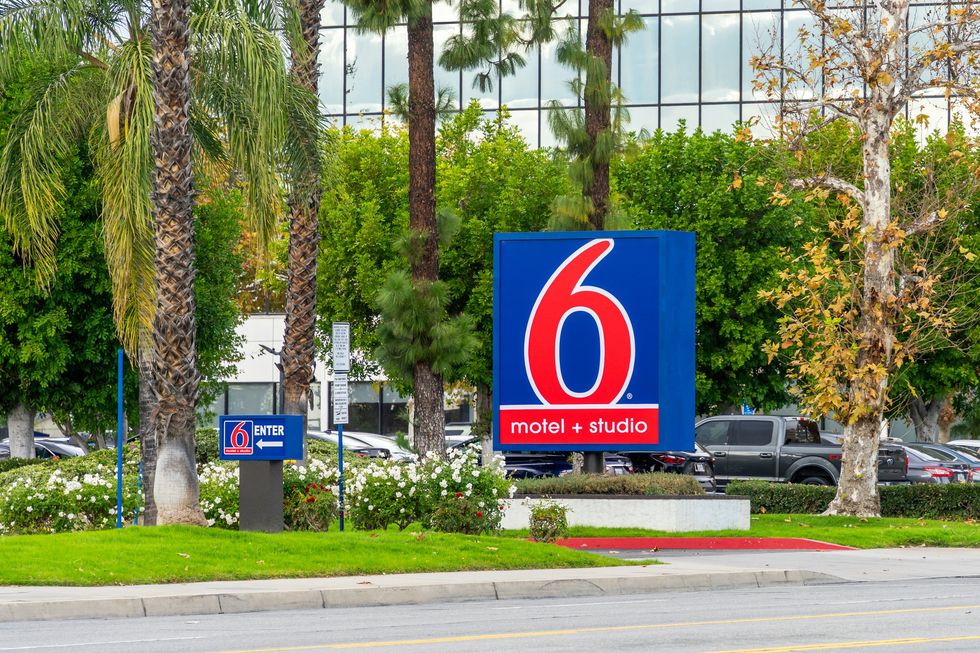
"G6 Hospitality moved to a fully franchised model in 2022," said Farah Bhayani, G6 Hospitality's general counsel and chief compliance officer. "We consistently share best practices with our franchise owners and implement brand standards based on our extensive, more than 60 years of experience as economy lodging operators, including waste reduction strategies."
To reduce water and energy consumption in hotels, the first step is to conduct an audit to measure and monitor current usage, identifying areas for improvement. This can be done independently or with a professional auditor. Water-saving measures, such as installing low-flow faucets, reusing towels, collecting rainwater and educating staff and guests about conservation can then be implemented.
For energy savings, switching to LED lighting, using smart thermostats and incorporating renewable energy sources can significantly reduce emissions. Regular monitoring and evaluation of these efforts, using meters and feedback, help ensure continuous improvement. Joining certification programs like Green Key or LEED can provide guidance and credibility. Finally, collaborating with suppliers, contractors, and local authorities, as well as engaging guests and staff, fosters a culture of sustainability and innovation.
Water wisdom
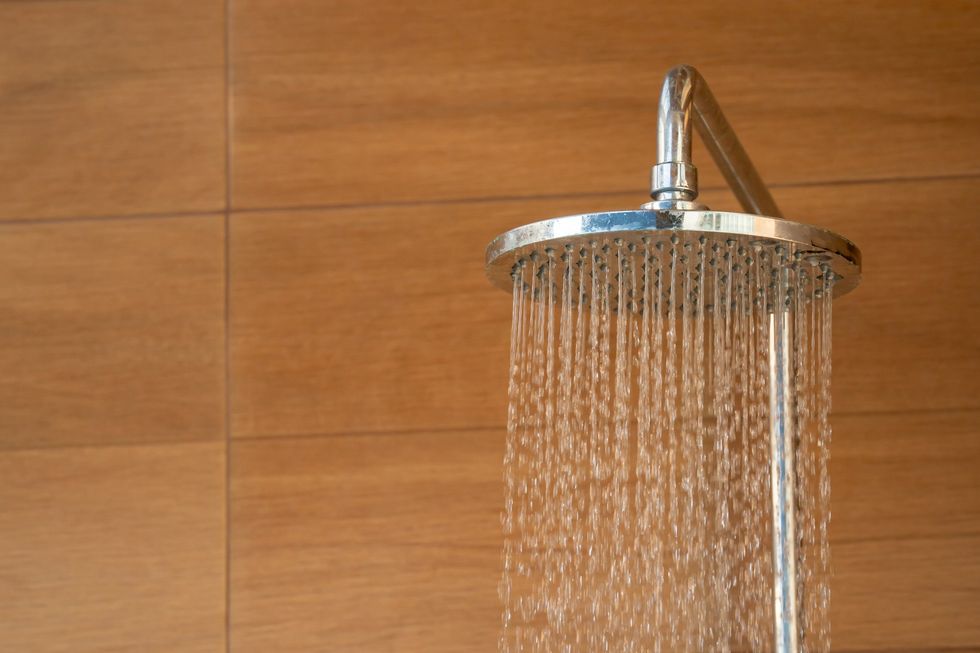
Water used in hotels and other lodging facilities accounts for approximately 15 percent of total water use in commercial and institutional buildings in the U.S., according to U.S. Environmental Protection Agency. Hotels are increasingly adopting renewable water sources. Water efficiency remains a concern, including integrating sustainable practices within hotels, hotel-owned restaurants, cafes and bars, as well as collaborating to create social and environmental impact.
“We aim to cut our water intensity by 50 percent by 2030 from a 2008 baseline,” said Hand. “We’ve made significant progress towards these targets, and based on our latest reporting, we’ve reduced our emissions intensity by 45.1 percent and reduced our water use intensity by 26.5 percent across our managed portfolio of hotels.”
However, the transition to water efficiency is not just about conservation; it also involves redefining luxury. Hotels have the potential to reduce their water usage by providing ongoing training to staff that emphasizes the importance of water conservation.
The shift toward water efficiency in hotels goes beyond economics; it represents a commitment to a greener, more sustainable future for the hospitality sector and our planet. Associations like AAHOA and the American Hotel & Lodging Association play a crucial role in strengthening this sustainability push.
"The hotel industry plays a crucial role in reducing water usage by implementing water-efficient practices in core areas like laundry, food and beverage, and landscaping," AHLA said in its website. "We prioritize water conservation without compromising comfort. Our members are measuring their water consumption and adopting practices that save millions of gallons annually. Many have installed high-efficiency toilets, showerheads, and faucets that use at least 20 percent less water than standard models while saving energy and performing as well or better.”
According to AHLA, guests are participating in linen and towel reuse programs, which help cut down on laundry, conserving water and energy. These programs have a notable effect, given that laundry uses up 16 percent of a hotel's water consumption.
AHLA said water use is further minimized through practices such as water-smart landscaping, efficient irrigation, leak detection and repair, and efficient pool maintenance. Moreover, some hotels are implementing greywater recycling and rainwater harvesting technologies to reuse water.
Energy efficiency
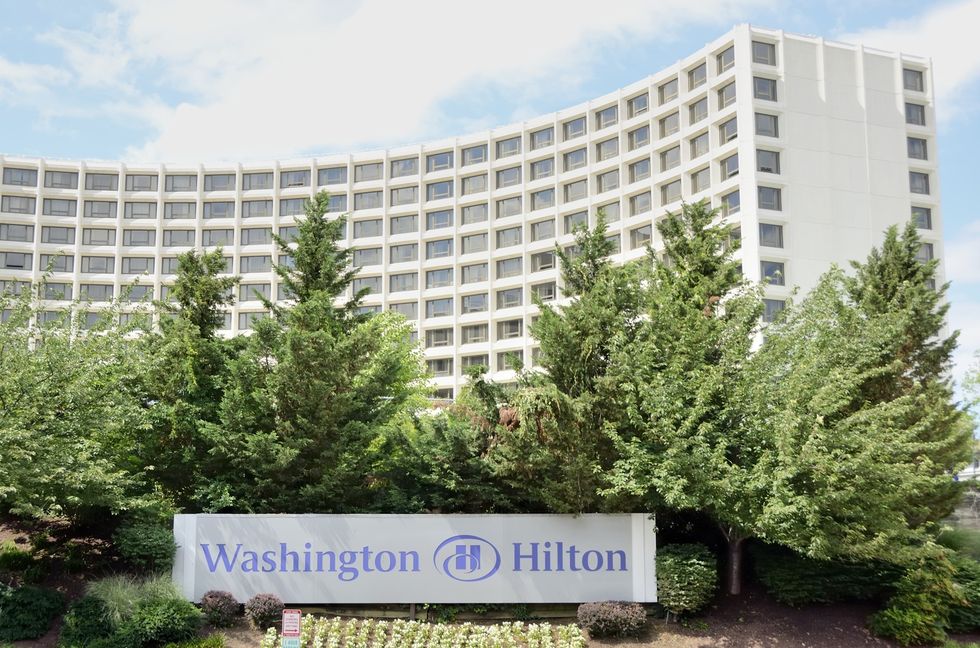
Energy efficiency in the hospitality industry influences guest satisfaction. Prioritizing sustainability and investing in energy-saving measures not only aids decarbonization but also enhances the guest experience. Energy management systems, like smart HVAC and lighting controls, adjust to occupancy and preferences, ensuring ideal conditions while reducing consumption. This attention to detail leaves a lasting impression on guests, encouraging them to return or recommend the hotel. Focusing on energy efficiency allows hotels to advance sustainability and boost guest satisfaction.
"Hilton works closely with property owners and operators to raise awareness of available renewable technology and connect them with local renewable energy incentives," said Hand. Across the Hilton portfolio, many hotels are investing in both onsite and offsite power. Seven managed properties in the U.S. have opted to purchase 100 percent renewable energy during their procurement contract renewals. These agreements enable properties to purchase renewable power when onsite installations are not feasible.”
Hotel Marcel in New Haven, Connecticut, operates on 100 percent renewable electricity, making it fossil-fuel free. Similarly, the Hilton Garden Inn Faroe Islands uses renewable energy from a local plant that captures leftover energy from various industries. Hilton Vienna Park also uses 100 percent electricity generated by a local hydropower plant. It features a Room Energy Management System, solar window foil to reduce energy waste, and energy-efficient lighting. For the past decade, it has been recognized for its sustainability efforts and awarded the Austrian Eco Label certification, the first national eco-label for tourism worldwide.
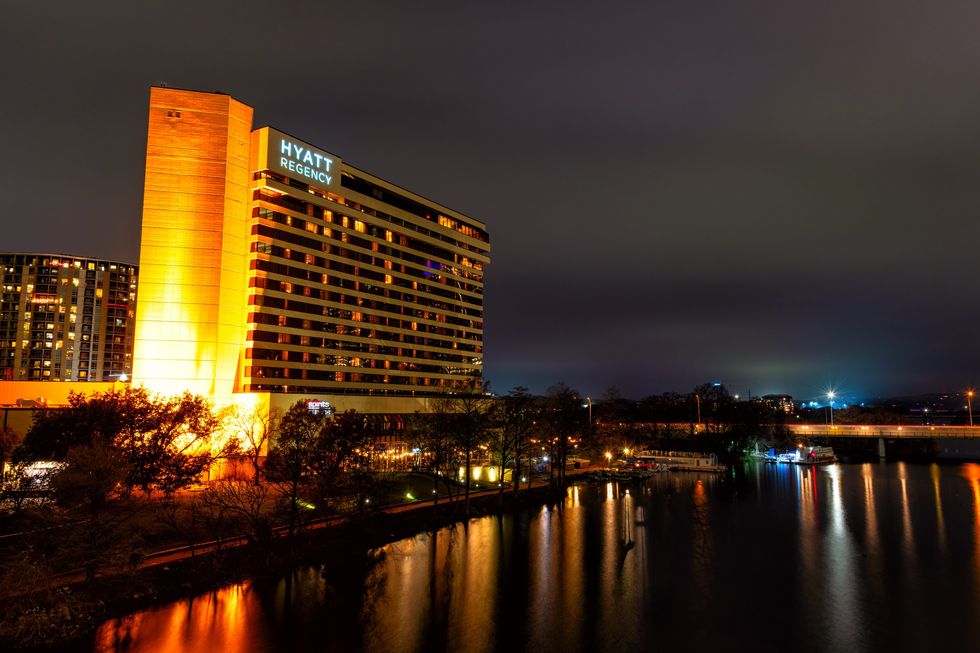
Electricity accounts for 58.9 percent of hotel utility costs, increasing at a CAGR of 3.7 percent from 2019 to 2023. Smart technology can reduce energy use while maintaining guest comfort. Most electricity in the hospitality sector is used for space cooling and lighting, with lighting alone consuming 20,910 gigawatt-hours annually. Energy-intensive water heating systems underscore the need for efficient solutions and water conservation practices to enhance sustainability in hotels.
“We support innovation to make this transition possible,” said Hand. “Our investment in Fifth Wall’s climate technology fund keeps us at the forefront of sustainability. LightStay, our award-winning sustainability management platform, is used by over 7,600 properties worldwide to measure and manage environmental and social impact. It tracks energy, water, and waste usage, providing insights and best practices to reduce consumption and waste. Since 2009, our hotels have saved over $1 billion in utility costs through LightStay.”
The World Travel & Tourism Council's Hotel Sustainability Basics initiative, which helps hoteliers improve their sustainability ratings, recently surpassed 1,700 verified hotels across 70 countries. Hotel groups from France, China, Mexico, India, Germany, South Africa, the Philippines, and Norway have joined the initiative.
